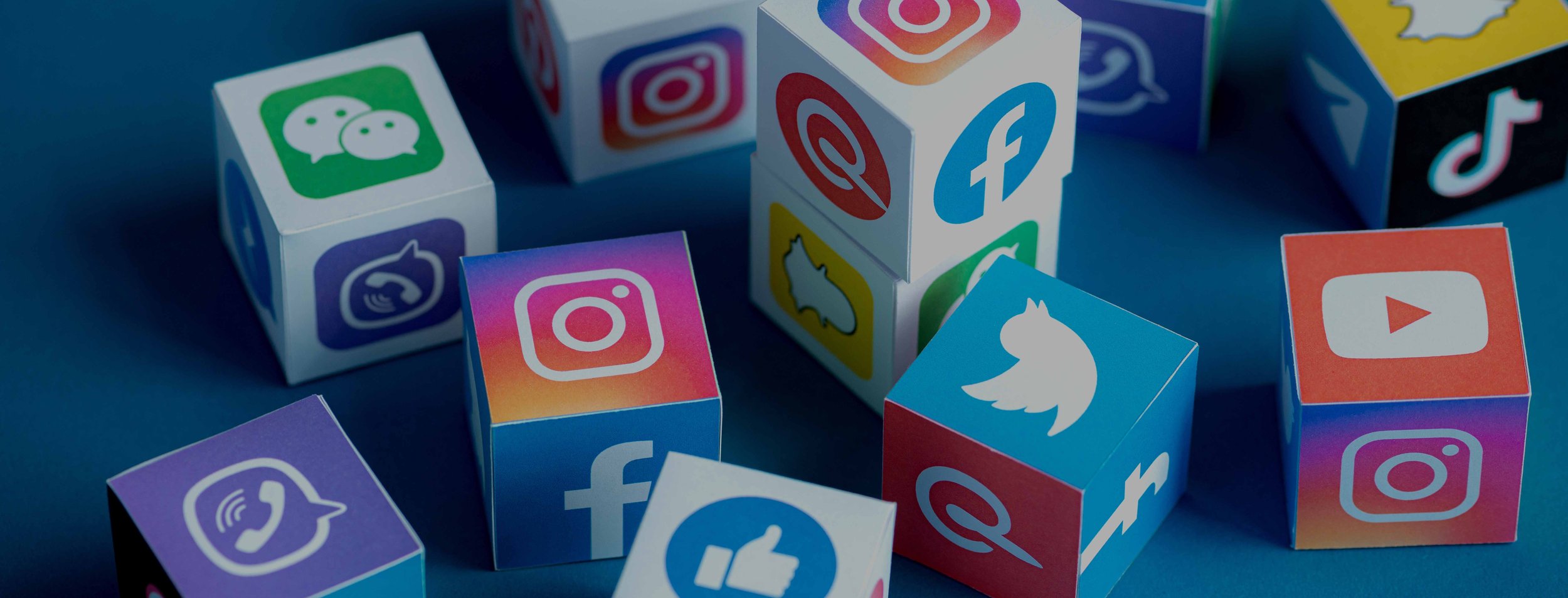As the Internet has grown into every facet of culture, a unique marketing channel has arisen from cyberspace: the influencer. They curate and edit posts to video and social media feeds daily. They make content that is interesting to watch, and included are plugs for brands that pay them to have their products or services shown to young and impressionable audiences. Digital marketers have grown into a $6.5 billion industry.[1]
As a leader, your influence can mean more, though, than product endorsements to an online audience. The Bible endorses faith-centered leaders influencing others toward God and good works, by their speech and through example. 1 Peter 3:15 instructs, “But in your hearts honor Christ the Lord as holy, always being prepared to make a defense to anyone who asks you for a reason for the hope that is in you; yet do it with gentleness and respect.”
We all have influencers in our lives and work. On today’s social media, influencers tout interesting lives and experiences that we may want to emulate. But that kind of influence is strictly leading people to buy something versus better themselves. Personally and professionally, real influencers are those who have character traits and leadership skills we want to grow into. As a leader, your own influence can reenforce your organization’s mission or goals, it can encourage personal and mental care, and it can increase excellence and health in your work environment.[2] How, then, might you grow to become an effective influencer?
Real influence is relational. Personal influence begins not with a Twitter following and likeable posts. Rather, influence is relational, and builds from the circle of people in your immediate sphere. Coworkers, supervisors, friends, family and community members form the group over which you might have influence. Good relationships begin with open and honest communication, face-to-face and electronically. Learn how to relate to others as you build people-skills, taking a genuine interest in others’ lives. And practice respect and appreciation toward others each day.
Jesus taught us, “In the same way, let your light shine before others, so that they may see your good works and give glory to your Father who is in heaven” (Matthew 5:16). In order for your light to shine before others, you must be with others. Influential leaders, then, invest heavily in relationships. The goal of a leader’s relationships aren’t rooted in personal success, but in the inherent value of people and seeing them as God does, creations of worth that God has equipped the leader to minister among.
Practice what you preach. Influence isn’t an opportunity to dole out orders and instructions. The best means of influence is to live out the kind of life and leadership that you want others to aspire to. Proverbs 12:26 says, “One who is righteous is a guide to his neighbor, but the way of the wicked leads them astray.” To guide your neighbor is to walk alongside them in life and through action to suggest direction and decision. Consider how your actions today influence those around you. By the way you spend your time, others see clearly what is most important to you. By the way you make decisions, spend money, direct others, they understand your priorities and principles.
In this your spoken words, too, may be of great influence. Learn to speak positively and optimistically, and to extend mercy and grace when things go wrong. Consider how your interaction with others might encourage them or redirect their day. How many people genuinely enter a conversation with the attitude of helping or benefitting someone else through what is said? Ephesians 4:29 instructs, “Let no corrupting talk come out of your mouths, but only such as is good for building up, as fits the occasion, that it may give grace to those who hear.”
Be for their best. In your own personal development, you most attach yourself to influencers that have your best interest at heart. Self-serving individuals are easy to spot, but someone who is confident in their own direction in life and wants you to experience their success for yourself is worth following. So, too, is your influence to be a positive for those around you. In order to do this, you must have a mindset that earnestly wants to see them succeed and to be at their personal best.
Selfless leadership is rare, because most people are self-focused. We are always looking out for our own good. The New Testament is filled with instruction on putting others first. Consider Galatians 6:2, “Bear one another's burdens, and so fulfill the law of Christ.” There is no greater example of sacrificial leadership than that of Jesus Christ, Who gave His very life for His us. Though everyone around Jesus was looking to their own interests, He looked to theirs. This is a tall order for an influencer, but to be focused on others is the doorway through which to influence their lives.
Focus on the one. Online, about 40% of social media users follow one or more “influencers”.[3] Marketing experts consider mega-influencers to be those with over 100,000 followers. Interestingly, though, it is nano-influencers, those with 1,000 to 5,000 online followers, who have the most influence. “Data from HypeAuditor found that nano-influencers with fewer than 5,000 followers have the highest engagement rates (5%). This seems to decrease as the follower count skyrockets, until reaching celebrity level (1.6%).”[4] This is equally true in personal influence—your impact potential on one person is far greater than on thousands.
Jesus told a story in Luke 15: “What man of you, having a hundred sheep, if he has lost one of them, does not leave the ninety-nine in the open country, and go after the one that is lost, until he finds it? And when he has found it, he lays it on his shoulders, rejoicing.” This is a reminder to us that each individual is important. Perhaps your influence as a leader is today best directed toward that one person who most needs your guiding word, helping hand or servant’s heart.
[1] https://viewpoint.pointloma.edu/the-rise-of-the-social-media-influencer/
[2] https://faithsearchpartners.com/how-faith-driven-leaders-can-impact-their-organizations/
[3] https://www.pewresearch.org/short-reads/2022/11/21/for-shopping-phones-are-common-and-influencers-have-become-a-factor-especially-for-young-adults/
[4] https://www.shopify.com/blog/influencer-marketing-statistics

































Integrity in a bridge structure is not unlike integrity in a leader. A leader of integrity is known for being honest, for having a strong moral foundation, and conducting himself ethically and in an upstanding manner.